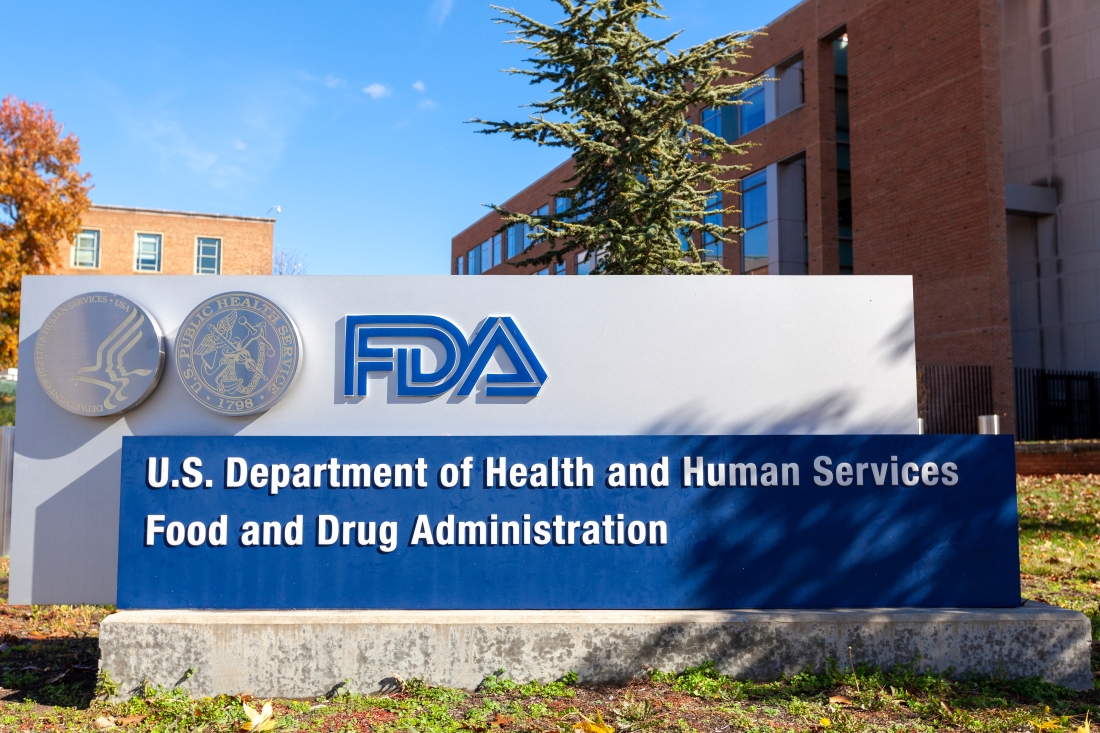The FDA (Food and Drug Administration) approval process turns out to be “full of irregularities”: this is one of the observations contained in a recent report by the United States Congress (the legislative body of the federal government) with which the magnifying glass was placed on the drug for Alzheimer’s called Aduhelm, which in June 2021 received the ok from the US body. A controversial go-ahead in which there can be no doubts and perplexities, given that the problems that emerged from the report seem quite significant. “Documents and information obtained from the Committees, including the FDA’s internal review, show that il The agency’s review and approval process for Aduhelm was highly atypical and deviated from the guidelines and procedures of the FDA in significant areas”: this can be read in fact in the report – which precisely contains the results of an investigation by two committees of the American Congress – which then illustrates the events underlying this statement. Among these, certainly worth mentioning is the collaboration between the FDA and Biogen in the drug approval process, which “exceeded the norm in some respects”.
In June 2019 – after Biogen had initially halted clinical trials of Aduhelm due to an analysis that it had considered unnecessary to continue research – the FDA and Biogen in fact launched a “working group” on the subject, giving life to a collaboration which seems somewhat excessive: in fact, the report documents over 115 meetings, calls and email exchanges occurred between the company and agency personnel between July 2019 and July 2020. FDA subsequently worked with Biogen to draft a document for submission to the agency’s Independent Advisory Committee meeting in November 2020. A meeting in which none of the committee members argued that the studies had strong evidence to support the drug’s efficacy against Alzheimer’s. A decision which, however, did not prevent the drug from obtaining approval, given that – after the FDA had decided for nine months to go back to the “traditional approval path” – it “abruptly changed course and granted approval under the fast-track approval path“, which provides for less stringent requirements: moreover, the authorization of the drug is based on the evidence that it can reduce the brain plaques considered a hallmark of Alzheimer’s, but not on the proof that it slows down the progression of the disease. Not to mention the fact that “the FDA has approved Aduhelm for the treatment of ‘people with Alzheimer’s disease'”, a definition which represents “a much larger population than that studied in Biogen’s clinical studies”.
Furthermore, the report also dwells on the processes that led to the determination of the price of the drug and its marketing, and also in this case what emerges seems to be anything but reassuring. In fact, it is underlined that “the documents obtained by the Committees show that Biogen saw the Aduhelm as an unprecedented financial opportunity, estimating a potential revenue peak of $18 billion annually, and has developed aggressive launch and marketing plans to maximize revenue throughout the drug lifecycle. “These internal documents show that Biogen initially priced Aduhelm at $56,000 annually,” the report also reads, which not only defines it an “unjustifiably high price” but also specifies how all this was done “despite the lack of clinical benefits demonstrated in a large population of patients and the expected financial impact on patients and on the Medicare program”, the federal health insurance. In fact, the report specifies that the company set the initial price – reduced only after several months to $ 28,000 – despite knowing that it would pose a major problem for Medicare.
Coming then to the reactions of those directly involved, while on the one hand Biogen affirmed that it “supports the integrity of the actions undertaken”, on the other hand the FDA declared – according to what reported by the The Guardian – that it has already “started to implement changes consistent with the committee’s recommendations”. So reassuring statements, if it weren’t for that in recent days the US body has approved the Leqembi in an accelerated manner, another anti-Alzheimer’s drug produced by Biogen and the biopharmaceutical company Eisai about which there also appear to be doubts. As underlined in an article published by the scientific journal NatureIndeed, some deaths reported and potentially related to the treatment cast a shadow over the green light for the drug. In short, the new approval does not seem to represent the best way to respond to the evidence that emerged from the report.
[di Raffaele De Luca]
